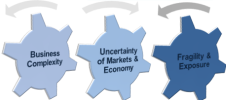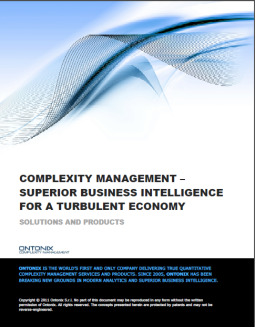Thinking strategically
Friday, 8 May, 2009 Leave a comment
Although it is not possible to make everyone at a company into a brilliant strategic thinker, it is possible to achieve widespread recognition of what strategic thinking is. This understanding is based on some relatively simple rules.
Strategic thinking seeks hard, fact-based, logical information. Strategists are acutely uncomfortable with vague concepts like "synergy." They do not accept generalized theories of economic behavior but look for underlying market mechanisms and action plans that will accomplish the end they seek.
Strategic thinking questions everyone’s unquestioned assumptions. Most business executives, for example, regard government regulation as a bothersome interference in their affairs. But a few companies appear to have revised that assumption and may be trying to participate actively in the formation of regulatory policies to gain a competitive edge.
Strategic thinking is characterized by an all-pervasive unwillingness to expend resources. A strategist is always looking for opportunities to win at low or, better yet, no cost.
Strategic thinking is usually indirect and unexpected rather than head-on and predictable. Basil Henry Liddell Hart, probably the foremost thinker on military strategy in the 20th century, has written, "To move along the line of natural expectation consolidates the opponent’s balance and thus his resisting power." "In strategy," says Liddell Hart, "the longest way around is often the shortest way home."
It appears likely that strategic management will improve a company’s long-term business success. Top executives in strategically managed companies point with pride to many effective business strategies supported by coherent functional plans. In every case, they can identify individual successes that have repaid many times over the company’s increased investment in planning.













